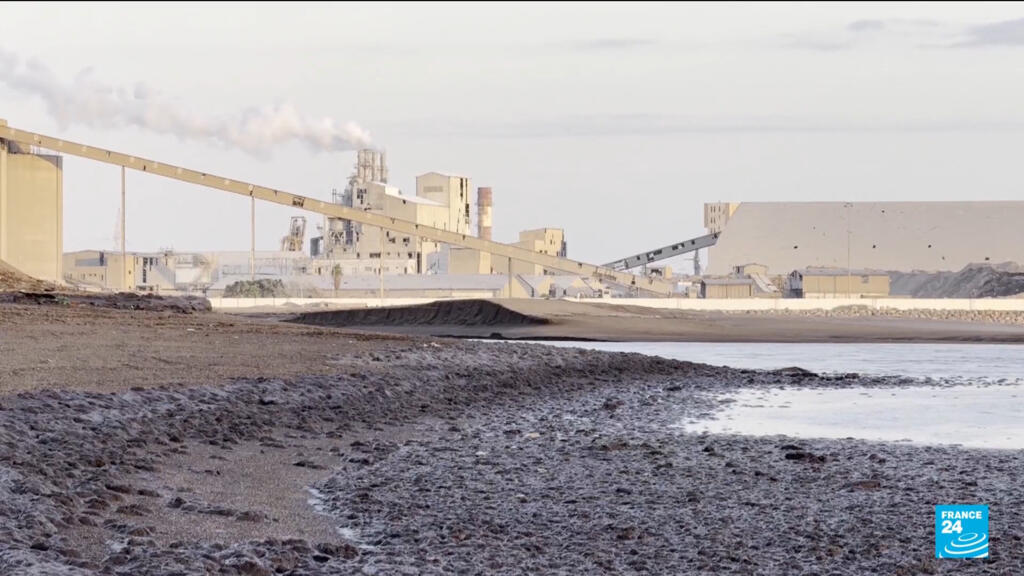Protests Against Air Pollution in Tunisia
Introduction to the Crisis
In the southern Tunisian city of Gabes, a significant crisis is unfolding as thousands of residents take to the streets to protest against the escalating air pollution emanating from a phosphate processing plant. The city, which is home to over 400,000 people, is at the heart of Tunisia’s phosphate industry, a sector that constitutes one of the country’s most vital sources of export revenue.
The Protest and Its Aftermath
On Wednesday, the protest against the phosphate plant’s pollution turned violent. Police forces deployed tear gas in an attempt to disperse the crowds, leading to injuries among both demonstrators and riot police. The protesters were trying to reach the plant, which is located in an industrial complex designated as a military zone. This move by the protesters was met with resistance from the authorities, resulting in clashes.
Economic Importance and Environmental Concerns
The phosphate industry is crucial for Tunisia’s economy, providing significant export revenue. However, the environmental and health impacts of phosphate processing have become a major concern for the residents of Gabes. The air pollution from the plant has severe implications for the health and wellbeing of the local population, prompting widespread discontent and demands for action.
The Situation on the Ground
As the situation continues to unfold, the city of Gabes remains tense. The use of tear gas and the injuries sustained by both protesters and police underscore the seriousness of the situation. The designation of the industrial complex as a military zone adds another layer of complexity to the crisis, highlighting the challenges faced by the protesters in their quest for a cleaner and healthier environment.
Conclusion
The protests in Gabes against air pollution from the phosphate processing plant reflect a deeper conflict between economic interests and environmental and health concerns. As Tunisia navigates this challenge, it must balance its economic needs with the wellbeing of its citizens, particularly those in areas heavily impacted by industrial activities. The situation in Gabes serves as a critical reminder of the importance of sustainable practices and the need for governments to prioritize the health and environmental concerns of their populations.

